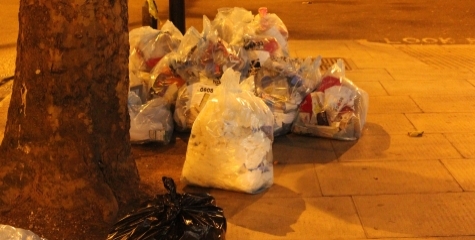WI-WE Progress
| Progress: 100.00% WWI-WE Version: 6 | |
| 0 | mandatory questions pending |
| 26 | questions total |
| 26 | questions answered |
| 26 | questions completed |
| 0 | questions pending |
Mapping Wild Cards
Inspired by: FP7 » Cities are lunch for plastic bag-bugs

Originally submitted by: Ian Miles
List of all contributors by versions (mouse over)
Last changed by: Rafael Popper
WI-WE status:
.png)
